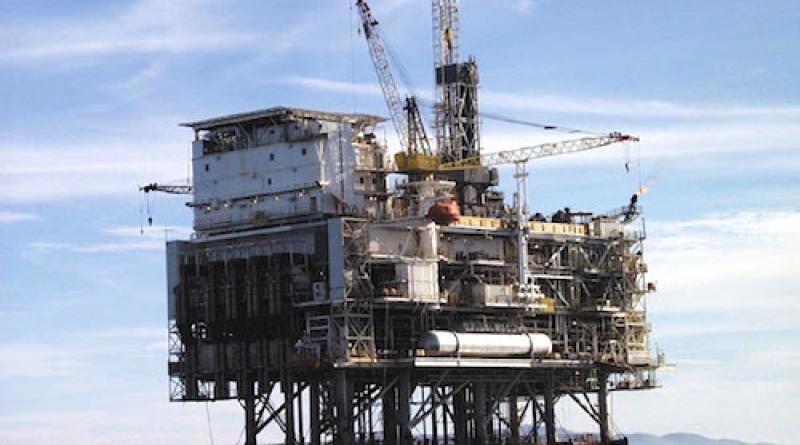Fossils hit ‘turning point’ as Shell follows bp in declaring stranded assets.

The coronavirus pandemic may have produced a tipping point in the transition off fossil fuels, with two colossal fossils declaring in the last two weeks that they will downgrade the value of their own assets by as much as US$39.5 billion.
“This week, Royal Dutch Shell said it would slash the value of its oil and gas assets by up to $22 billion amid a crash in oil prices,” InsideClimate News reports. “The announcement came two weeks after a similar declaration by BP, saying it would reduce the value of its assets by up to $17.5 billion. Both companies said the accounting moves were a response not only to the coronavirus-driven recession, but also to global efforts to tackle climate change.”
Shell’s announcement came after the British-Dutch fossil “cut its forecast for energy prices into 2023 on expectations that sales will only recover slowly after the pandemic, adding to the company’s already bleak longer-term outlook for fossil fuel demand,” Reuters writes. The stranded assets identified in the Shell announcement include liquefied natural gas operations in Australia, among them the world’s biggest floating LNG facility, and shale oil and gas production facilities in Brazil and the United States.
“I think we may look back on this as the turning point, the moment the industry finally started to say that real assets with real dollar figures associated with them are likely to be ‘stranded’ in a decarbonizing world,” Andrew Logan, Ceres senior director of oil and gas at Ceres, told InsideClimate. “This is a huge turnaround from the industry’s previous stance, which had been that no existing assets were likely to be stranded, that there may be risks in the future, but not in the here and now. That acknowledgment, that the risk is real and it’s here in the present, is a really big deal.”
ICN notes that a “growing list of major investors and advocacy groups have been pressing oil companies to better disclose and confront the risk that some of their fossil fuel investments may never be developed or may lose substantial value as the world pivots towards a cleaner energy system in order to reduce greenhouse gas emissions. Much of the industry has resisted. ExxonMobil, for example, maintains that its oil and gas reserves face little risk of being stranded.”
But more reasoned assessments are gaining traction. InsideClimate points to industry research and consulting firm Rystad Energy “reducing its assessment of the world’s recoverable oil resources in light of the pandemic,” since “the volume of recoverable oil depends not only on what is in the ground but also on the economics of extracting it.” Meanwhile, consultants at Wood Mackenzie “said the price crash of recent months has wiped away $1.6 trillion in its valuation of oil and gas producers, and that the impairments are sending an important signal.”
“It’s about fundamental change hitting the entire oil and gas sector. Within this writedown, Shell is giving us a message about stranded assets, just like BP did a few weeks ago,” wrote WoodMac Vice President of Corporate Analysis Luke Parker. “Just a few years ago, few within the oil and gas industry would even countenance ideas of climate risk, peak demand, stranded assets, liquidation business models, and so on. Today, companies are building strategies around these ideas.”
Andrew Grant, head of oil, gas and mining at the Carbon Tracker Initiative, told ICN the BP and Shell announcements are a mix of corporate spin and real change. “Perhaps it’s partly talking a good game, or making lemonade when life hands you lemons: Faced with a low oil price, they’re at least trying to get some good PR out of it,” he said. “But I think it also reflects the direction of travel.”
While the Shell announcement grabbed the most recent headlines, BP has continued to make news in the days since its asset downgrade. Earlier this week, BP said it would sell off its global petrochemicals division for $5.5 billion—a major shift in strategy, at a time when fossil companies are looking to plastics and petrochemicals as a source of future demand for their raw products. Investors with collective responsibility for £1.8 trillion in assets followed the original BP announcement by stepping up their campaign to persuade fossils to acknowledge climate risk in their accounting. And a Reuters report pointed to the specific business risks BP faces with its holdings in the Canadian tar sands/oil sands.
2 July 2020
The Energy Mix





